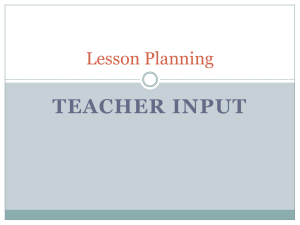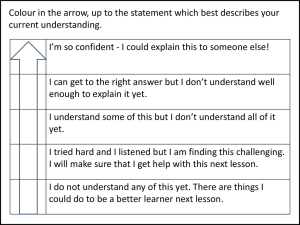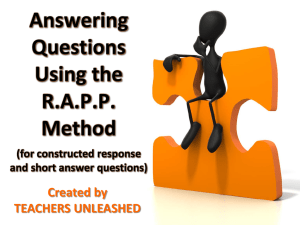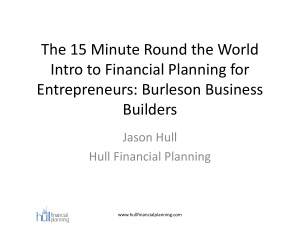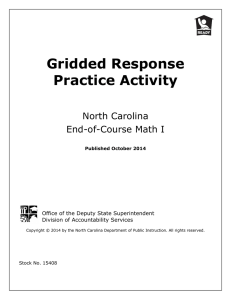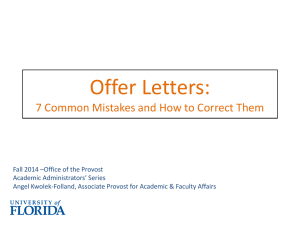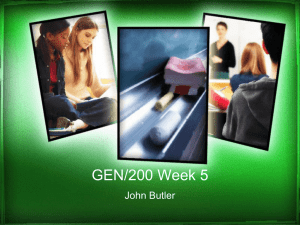The Planners - Year 11 Literature
advertisement
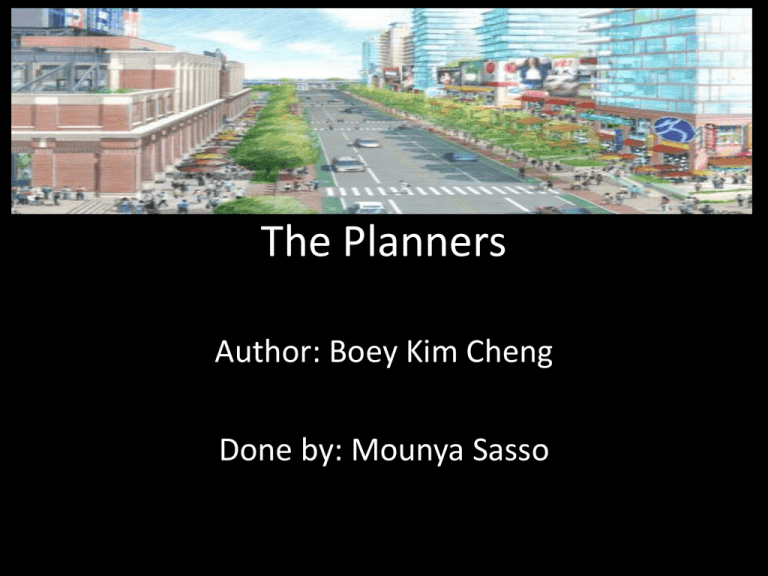
The Planners Author: Boey Kim Cheng Done by: Mounya Sasso Author Biography • Singapore-born Australian poet. • His own sense of restlessness from his life in Singapore reflected in his poems. • Since he was raised in developed in countries, he noticed these technological changes and the will to make and change history. • According to him, Singapore’s rapid growth and economical success came at a cost. • He felt displaced and disconnected with his past and felt like his childhood is slowly disappearing. • Born in 1965, quite old, experienced different environmental changes • National Art’s Council’s Young Artists Award • Highly educated • Won poetry competition in National University of Singapore Poem They plan. They build. All spaces are gridded, filled with permutations of possibilities. The buildings are in alignment with the roads which meet at desired points linked by bridges all hang in the grace of mathematics. They build and will not stop. Even the sea draws back and the skies surrender. They erase the flaws, the blemishes of the past, knock off useless blocks with dental dexterity. All gaps are plugged with gleaming gold. The country wears perfect rows of shining teeth. Anaesthesia, amnesia, hypnosis. They have the means. The have it all so it will not hurt, so history is new again. The piling will not stop. The drilling goes right through the fossils of last century. But my heart would not bleed poetry. Not a single drop to stain the blueprint of our past's tomorrow. Literary Terms • Alliteration – “dental dexterity,” “gleaming gold” • Groups of three – “They plan. The build. All spaces are gridded.” • Allegory – represents a general idea about life – teaches a life lesson. E.g. how nature is neglected for technology or perfection. Stop focusing on being perfect, it doesn’t matter if you make mistakes it’s how you learn. • Imagery – “even the sea draws back and the skies surrender.” • Caesura – sudden pause or break - “They plan. They build. All spaces are gridded.” • Oxymoron – “our past’s tomorrow” • Repetition – The word “they” is used very frequently. I think it’s used to emphasize and, in a way, blame the “planners” for the dramatic change they’ve caused. Structure/ Importance of Poem • Vivid language • Writing is directed towards change and is emphasizing the negative part of change • First stanza is overview and leads the reader into the genre and theme • Second stanza goes into depth of the problem and there’s an angrier vibe to the poem Themes • Most important, and obvious, theme is change • Man vs. Nature • Man vs. Technology • There’s also the idea of perfection and uniformity • Also, there is anger present in some lines Analysis • Everything is set up and there’s no room for mistakes. Mathematics is used therefore, everything is specific and right. There is no room for creativity. • Roads are straight - buildings are straight everything is the same. Mathematics is holding them up, very reliable on modern day technology to insure everything is always perfect. • Unstoppable machines – technology, no control. • Greatest, unstoppable natural things are drawn back from such a huge project. Larger than the largest. Skyscrapers and land have taken over seas and skies. Seas draw back from fear and skies surrender in abandon. • Getting rid of mistakes. Technological change because humans can’t erase mistakes but all these machines and construction machines can easily do so. • All spaces, mistakes, are blocked with something even better so that people don’t pay attention or even remember what was there before. They’re trying to perfect their imperfect past. • Reputation being spoken about because teeth are in the shapes of houses and the houses make up a city or country and that’s all in the mouth that speaks about the reputation. Everything is shining and perfect. The country represents a flamboyant smile. • Anesthesia – get rid of pain, Amnesia - forget, Hypnosis – control that’s what change is doing to the people so the past is completely wiped off. • They want to make a new and improved history that they can control. They’ve learnt from their mistakes • Construction is so emotionally deep that it’s emotionally breaking through the past and hypothetically ruining or changing it. • Words can’t describe feelings – it’s that painful • To “bleed poetry” is to show or pour out emotion and the author will not do that to the new and advanced technological changes that have taken over the country. He doesn’t want human blood to drop onto the artificial blueprint of the country. He contradicts himself by saying “our past’s tomorrow” to indirectly say that the present is not real to him – everything is fake. Thank-you!!!
